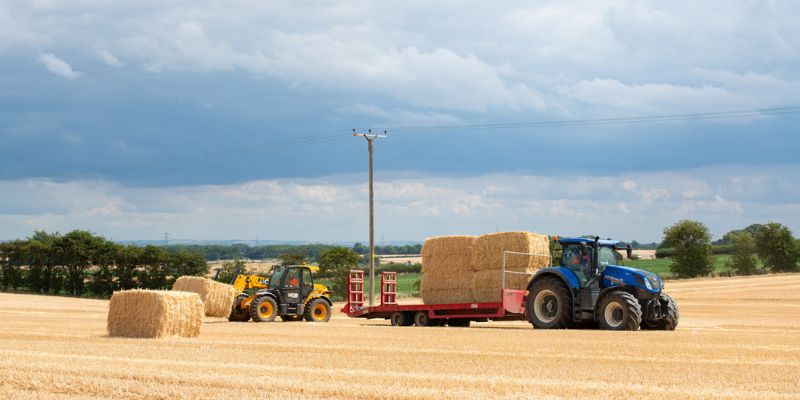The University of Leeds farm will operate as a research centre for climate-smart agriculture, testing practices designed to cut carbon emissions across farming systems. The site forms part of a European initiative targeting a 55% reduction in farm greenhouse gas outputs over five years.
Research at the farm will examine livestock nutrition, manure and slurry management, and the role of hedgerows and other natural features in capturing carbon. The goal is to produce practical, evidence-based solutions that can be implemented across commercial farms while maintaining economic viability.
The project is funded with £1.1 million from the Horizon Europe programme and forms one part of the £11 million Climate Smart Research initiative, involving 33 organisations from 26 European countries. Coordination is provided by Wageningen Research in the Netherlands, with a focus on accelerating the adoption of climate-resilient and sustainable farming techniques.
The University of Leeds farm spans 317 hectares across four operational sites. Current research infrastructure includes the Terrestrial Observatory, the National Pig Centre, a regional NIAB hub for crop science, the EntoExplore insect farm, and regenerative agriculture trials measuring the impact of sustainable practices on soil, crops, biodiversity, and profitability.
Findings from the farm will be shared with partner sites across Europe, providing a data-driven framework for climate-smart farming and enabling agricultural businesses to adapt to emissions regulations, environmental pressures, and market expectations.



